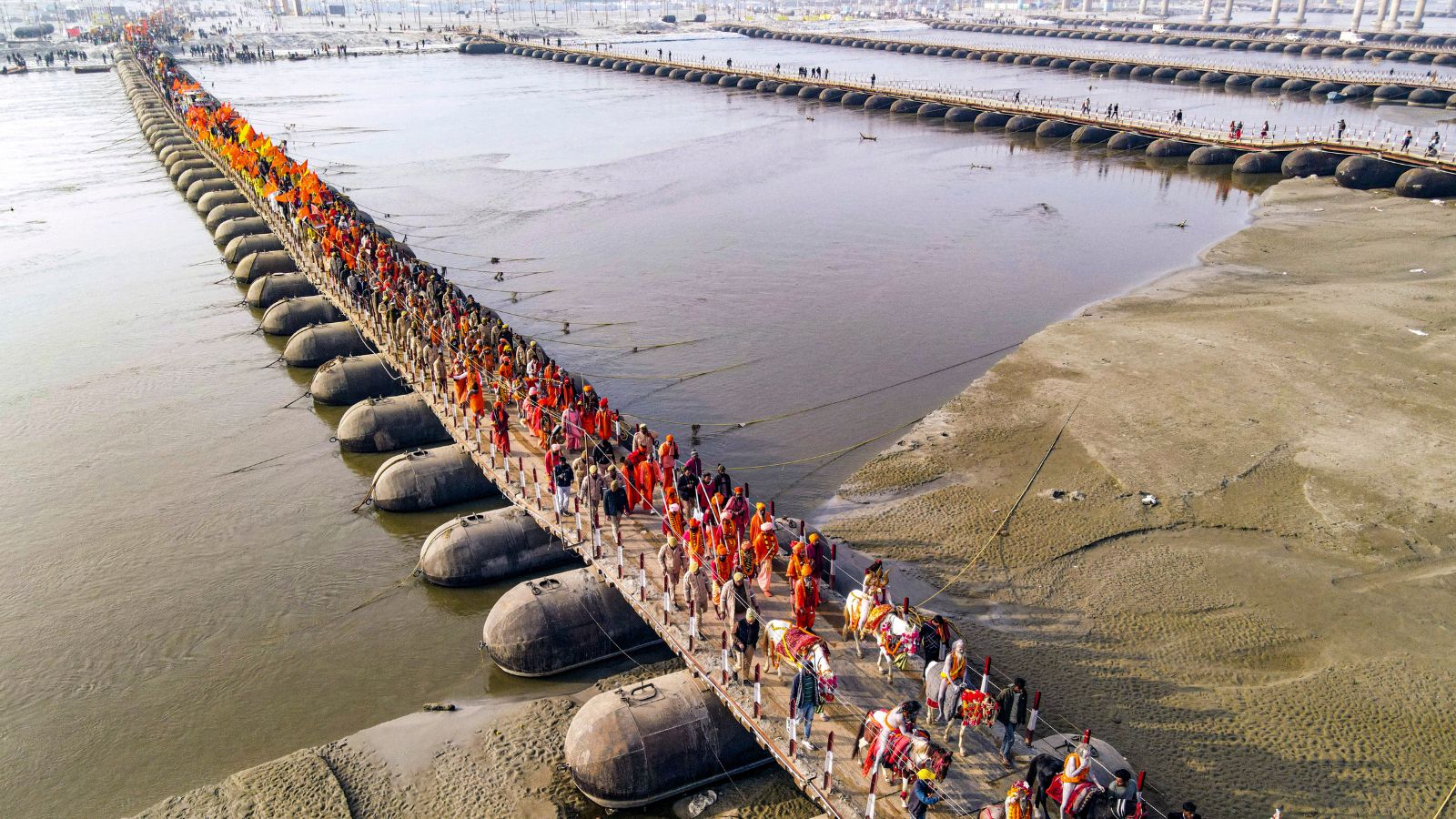
The PIL, filed by advocate Vishal Tiwari, emphasizes the necessity for comprehensive guidelines to ensure the safety and security of the millions of devotees attending the festival. It underscores the importance of preventing stampede incidents and protecting the fundamental rights to equality and life under Article 21 of the Constitution. The petition also highlights concerns regarding VIP movements, asserting that such activities should not endanger common devotees and advocating for maximum space for entry and exit to facilitate crowd management.
The stampede occurred during the pre-dawn hours as millions of Hindu devotees converged at the confluence of the Ganges, Yamuna, and mythical Saraswati rivers for a ritual bath, believed to cleanse past sins. Witnesses reported chaotic scenes with people falling, being crushed, and belongings scattered on the ground. Authorities attributed the incident to a sudden crowd surge and inadequate management. Despite the tragedy, the festival continued, with security measures including 50,000 personnel and over 2,500 cameras in place.
Prime Minister Narendra Modi and Uttar Pradesh Chief Minister Yogi Adityanath expressed condolences to the victims' families. However, opposition leaders criticized the government's handling of the event, citing mismanagement and preferential treatment for VIPs as contributing factors to the disaster. Rahul Gandhi, a prominent opposition figure, attributed the fatalities to organizational failures.
The Maha Kumbh Mela, held every 12 years, is recognized as the world's largest religious gathering, attracting around 400 million people over six weeks. On the day of the stampede, approximately 57 million devotees participated in the holy dip. This incident draws parallels to a similar tragedy in 2013 at the same festival, where numerous fatalities occurred due to a stampede, highlighting the recurring challenges in managing massive crowds during such events.
In response to the January 29 incident, the Uttar Pradesh government has reportedly heightened security measures for subsequent events, including the 'Amrit Snan' on Basant Panchami. The administration has implemented stringent protocols to manage the vast number of devotees and prevent further mishaps.
